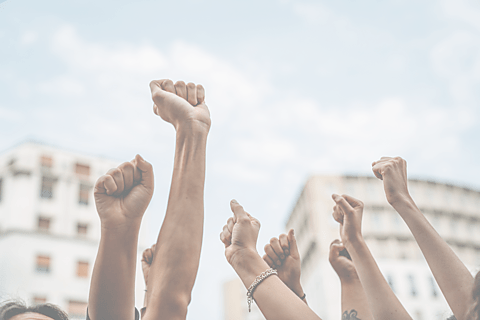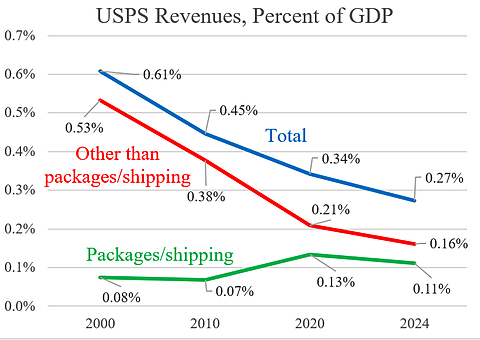This article appeared on Substack on August 31, 2023.
Many policies have good intentions and aim to address real problems in the economy or society. A standard concern, however, is that government attempts to fix such problems generate backlash, meaning heightened antipathy toward an intervention’s goal. Affirmative action or sexual harassment policies, for example, might increase resentment toward minorities and women.
A recent paper provides evidence of backlash in a different context:
The 1965 Voting Rights Act (VRA) paved the road to Black empowerment. How did southern whites respond? Leveraging newly digitized data on county‐level voter registration rates by race between 1956 and 1980, and exploiting pre‐determined variation in exposure to the federal intervention, we document that the VRA increases both Black and white political participation. Consistent with the VRA triggering counter‐mobilization, the surge in white registrations is concentrated where Black political empowerment is more tangible and salient due to the election of African Americans in county commissions. Additional analysis suggests that the VRA has long‐lasting negative effects on whites’ racial attitudes.
And, backlash seems to occur widely:
Do laws affect the beliefs and attitudes held by the public? Using data from [American National Election Surveys], the [General Social Survey], and Gallup …, I find robust evidence that virtually every major U.S. social policy law of the past half‐century has induced significant backlash. That is, the public moved in the opposite ideological direction of each law.…
The Civil Rights Acts of the 1960s, the legalization of abortion in the 1970s, the relaxation of gun control beginning in the 1980s, the Defense‐of‐Marriage Acts of the 1990s, the legalization of marijuana beginning in the 2000s, the legalization of gay marriage in the 2010s, and more – across various categories of social policy and across the ideological spectrum, backlash has time and time again been the consequence.
The fact that laws can generate backlash does not, by itself, make them undesirable; benefits might still exceed costs. The possibility of backlash, however, should give pause about imposing “good things” on the citizenry. Sometimes the treatment is worse than the disease.




